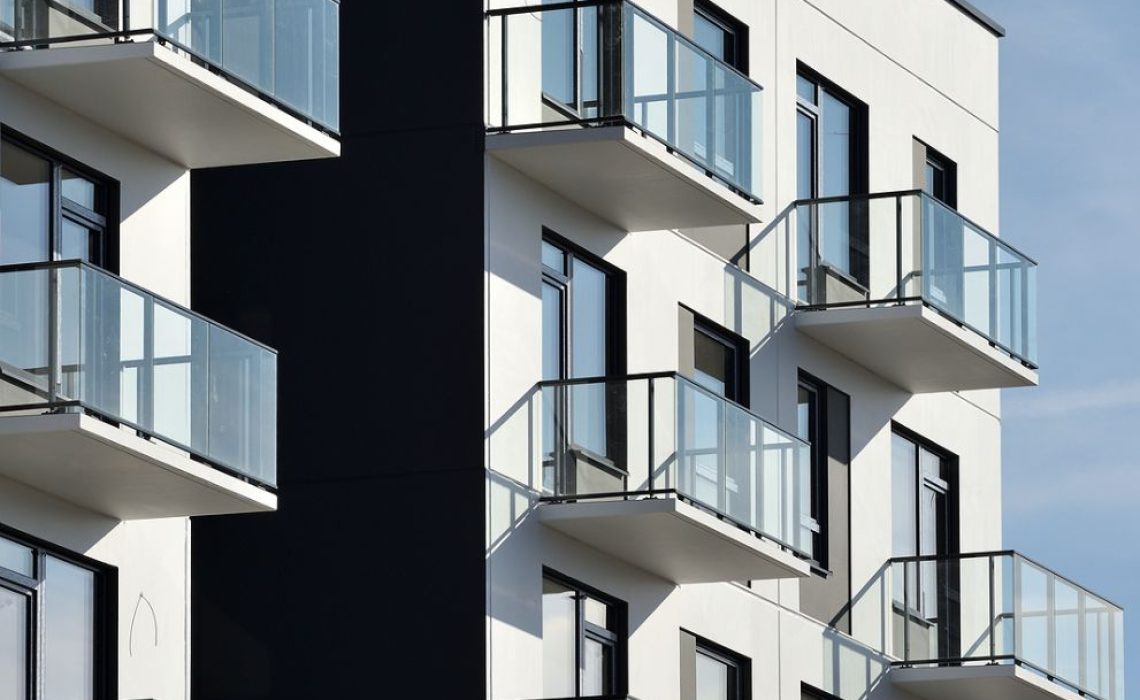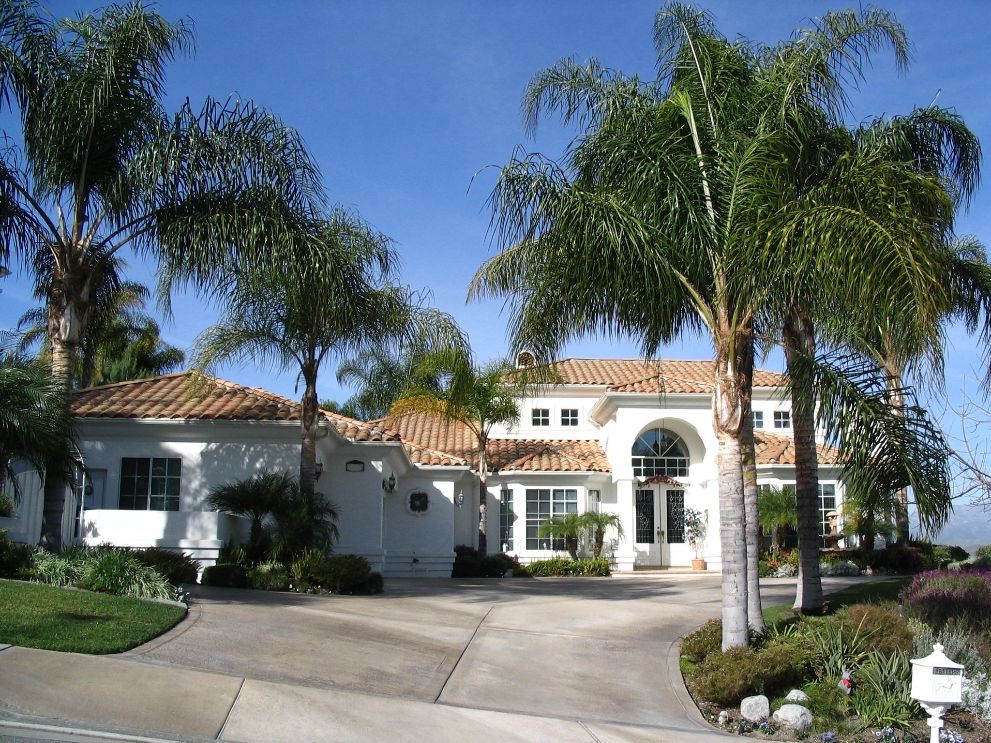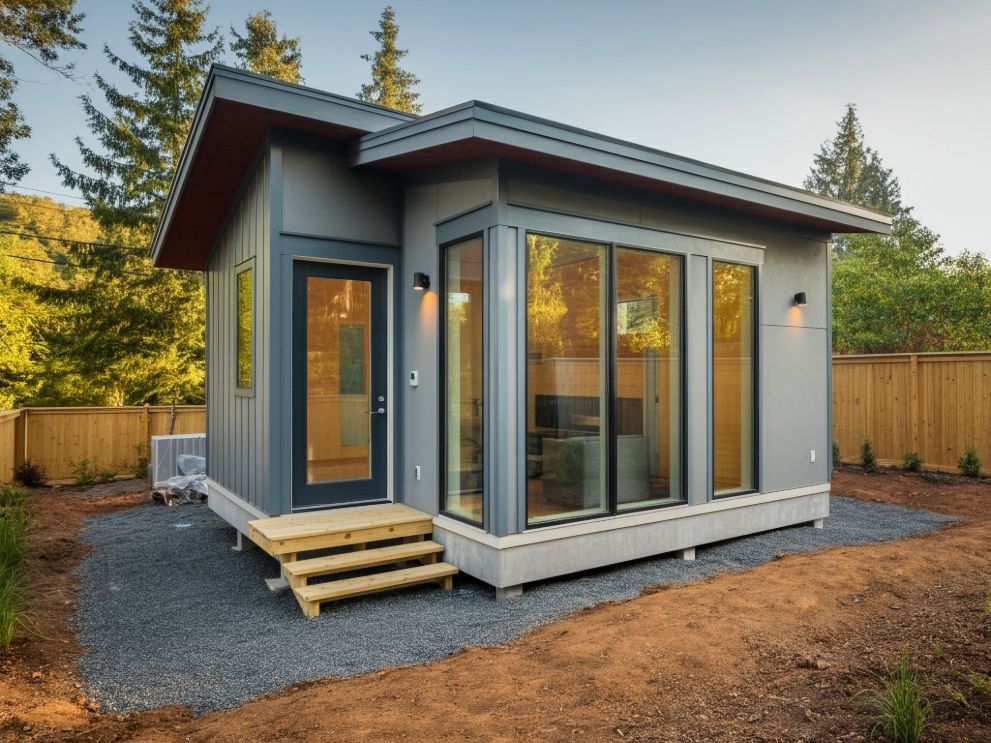Navigating the intricate landscape of balcony inspections in California can be challenging, especially when facing the daunting task of a failed inspection. Whether you’re a homeowner, property manager, or real estate investor, having a solid understanding of the next steps and the regulations in place is important for maintaining both safety and compliance.
California’s balcony inspection laws, including the California statutes SB 326 and SB 721, are designed to ensure that all balconies, decks, and related structures are safe and structurally sound. Here’s what you need to know if your balcony fails inspection.
Understanding California’s Balcony Inspection Laws
California has implemented stringent balcony inspection laws, primarily through the enactment of SB 326 and SB 721. These regulations help maintain the structural integrity and safety of multifamily residential buildings. Each statute has specific requirements tailored to different types of properties.
- SB 326: This applies to condominiums and community apartment projects. It mandates regular inspections of exterior elevated elements to ensure their safety.
- SB 721: This statute specifically targets apartment buildings. It requires inspections of load-bearing components to identify potential safety hazards.
Both statutes require properties to pass inspections by certified inspectors, ensuring compliance with California balcony safety standards.
Navigating California Statute SB 326 & SB 721
While both SB 326 and SB 721 have specific requirements, understanding their compliance schedules can ease the inspection process. Being proactive and planning for these inspection requirements will help in maintaining better compliance with California’s property inspection laws.
- SB 326 Timeline: Inspections should begin by 2025, continuing every six years for ongoing compliance.
- SB 721 Timeline: Inspections for apartment buildings should have commenced by 2021, with checks occurring every six years.
Why Balconies Fail Inspection
Regular maintenance and early detection of these issues can save you from costly repairs and ensure your balcony complies with safety regulations. Understanding the common reasons behind failed balcony inspections can help you anticipate and address potential issues.
- Structural Damage: Wear and tear over time can compromise the strength of your balcony’s load-bearing components.
- Water Damage: Poor waterproofing can lead to rot and decay, jeopardizing your balcony’s safety.
- Building Code Violations: Non-compliance with California’s rigorous building codes can result in a failed inspection.
Immediate Steps After A Failed Balcony Inspection
Upon failing a balcony inspection, it’s essential to take prompt action to address the issues identified. These initial actions will ensure you start the repair process with a clear understanding of what’s needed to achieve compliance.
- Consult with the Inspector: Discuss the failure details with your inspector to fully understand the specific issues.
- Review the Inspection Report: This document provides an overview of the problems and required repairs or adjustments.
- Secure the Area: If there are immediate safety concerns, restrict access to the balcony until repairs are made.
Choosing The Right General Contractor For Repairs
Selecting a qualified general contractor is a vital step in repairing and ensuring your balcony’s compliance. A good contractor will provide skilled services to bring your balcony in line with compliance standards efficiently and effectively.
- Experience & Credentials: Verify the contractor’s experience in balcony repairs and their familiarity with California’s safety regulations.
- Reputation & Reviews: Check client reviews and seek recommendations from trusted sources.
- Detailed Proposal: Request a comprehensive proposal that outlines the scope of work, timeline, and costs.
Balcony Repair & Maintenance for Long-Term Compliance
Once repairs are completed, establishing a routine maintenance schedule is essential for long-term compliance and safety.
- Regular Inspections: Continue regular inspections to catch potential issues before they escalate.
- Proper Waterproofing: Ensure waterproof membranes are intact to prevent water-related damage.
- Load-Bearing Checks: Monitor the health of load-bearing components to maintain the structural integrity of your balcony.
FAQs
Certified architectural and engineering professionals are usually qualified to carry out these inspections.
Postponing necessary repairs not only compromises safety but may also incur penalties and additional scrutiny from regulatory bodies.
The cost will vary based on the extent of damage and repairs needed, emphasizing the importance of professional assessments.
Secure Expert Assistance In San Jose
If your balcony has failed inspection and you’re seeking expert assistance in San Jose, trust Bridgeview Construction for professional guidance and services. Our team is equipped to help you navigate California’s complex safety regulations and ensure your property’s compliance, offering peace of mind and enhanced safety for your residents. Reach out to us today for reliable, knowledgeable support tailored to your needs.


